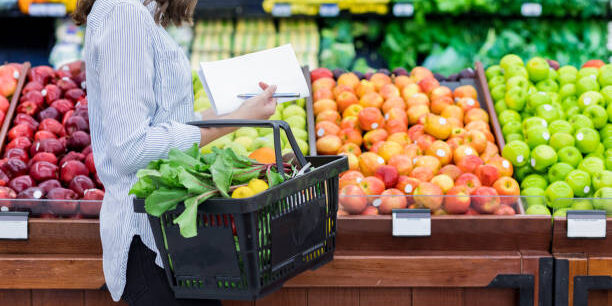New York City’s new proposal to introduce government-operated grocery stores is being seen as more than just a strategy to offer affordable food—it has the potential to transform how food moves through the city’s supply chain.
The plan could lead to better access to essential goods while also creating new opportunities for producers, transport providers, and local distributors. By rethinking how groceries are sourced and delivered, this model might improve efficiency, especially in underserved communities.
Experts note that the project can encourage collaboration between public institutions and private suppliers, fostering a more inclusive and resilient food distribution system. It also provides an opportunity to support local agriculture and small-scale producers by opening up new channels into urban markets.
Although some concerns remain regarding competition and pricing, the government-run model could drive innovation in supply chain operations, encourage sustainability, and promote greater transparency in food logistics. If managed carefully, this initiative could serve as a blueprint for future urban food systems.
#ICTTMNews #SupplyChainNews #FoodDistributionUpdate #UrbanRetailNews #NewsUpdate #Breakingnews







